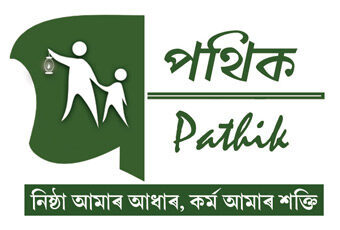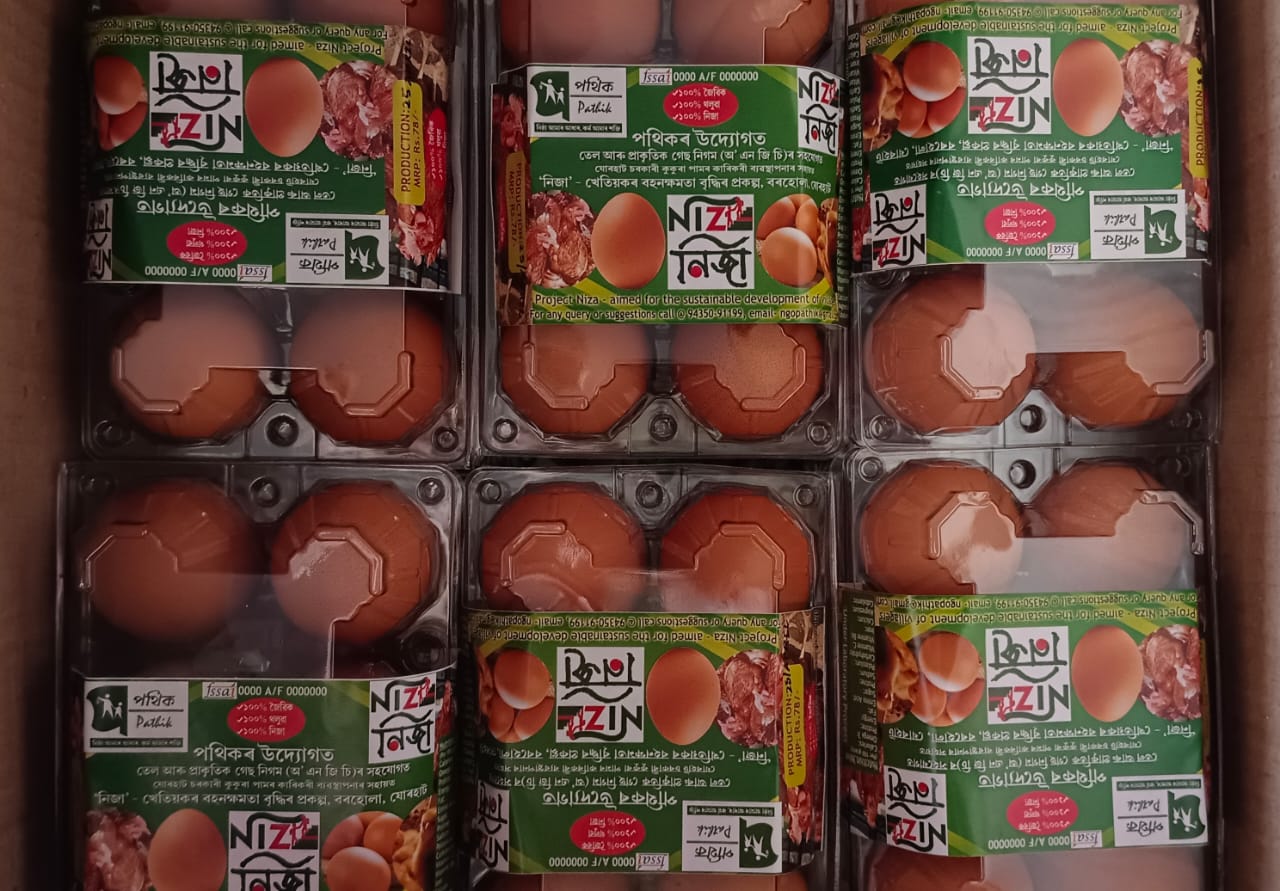Niza: Empowering Rural Communities Through Sustainable Egg Production
In a significant stride towards rural sustainability and economic empowerment, Pathik’s Niza project is making waves in the rural areas of Assam. Launched in 2023 with the support of ONGC Jorhat’s CSR initiative, Niza focuses on brown egg production, providing training and establishing a robust distribution system. This project aims to create a self-sustaining “Egg Village” by empowering local families with the knowledge and resources needed for successful egg production and marketing.
A Vision for Rural Sustainability
Niza is more than just an agricultural project; it is a vision for rural sustainability and community development. By fostering local egg production, Niza addresses multiple facets of rural development, including nutrition, economic stability, and empowerment. The project’s primary objective is to create a sustainable model that can be replicated across other villages, contributing to broader socio-economic growth.
Training and Implementation
The first phase of the Niza project has been a resounding success, covering 25 families who have received comprehensive training in brown egg production. This training encompasses best practices in poultry farming, egg handling, and hygiene standards, ensuring that the quality of eggs produced meets market standards. By equipping these families with the necessary skills and knowledge, Pathik is laying the groundwork for a sustainable and profitable venture.
The Egg Village Concept
Niza aims to expand its reach, targeting the establishment of an “Egg Village” comprising 120 families. This concept envisions a self-reliant community where each family contributes to and benefits from the collective egg production efforts. By pooling resources and sharing knowledge, the Egg Village will not only enhance production efficiency but also create a strong support network among the families involved.
Marketing and Distribution
A critical aspect of the Niza project is the marketing and distribution of the eggs produced. Pathik plays a pivotal role in this process, ensuring that the eggs reach the market efficiently and fetch fair prices for the farmers. By handling the marketing and distribution, Pathik alleviates the logistical burden on the farmers, allowing them to focus on production. This approach ensures that the farmers receive maximum returns for their efforts, contributing to their economic stability.
Impact and Future Prospects
The initial phase of Niza has already demonstrated significant positive impacts on the participating families. Increased income from egg sales has improved their financial stability, enabling them to invest further in their farming operations and improve their quality of life. The project also contributes to better nutrition within the community, as families have access to a steady supply of high-quality eggs.
Looking ahead, Pathik plans to expand the Niza project to include more families and villages, scaling up production and broadening the impact. With continued support from ONGC and other stakeholders, Niza aims to create a replicable model of rural sustainability that can be adopted across different regions.
Conclusion
The Niza project embodies Pathik’s commitment to sustainable rural development and community empowerment. By focusing on brown egg production, training, and effective distribution, Niza is transforming the lives of rural families, providing them with the tools and support needed for economic independence and improved livelihoods. As Niza continues to grow and evolve, it stands as a testament to the power of community-driven initiatives in fostering sustainable development and resilience.

